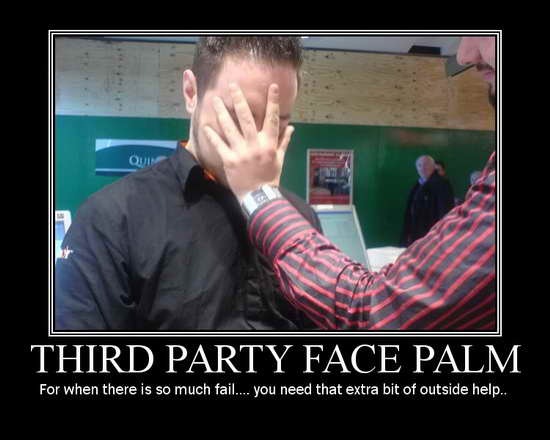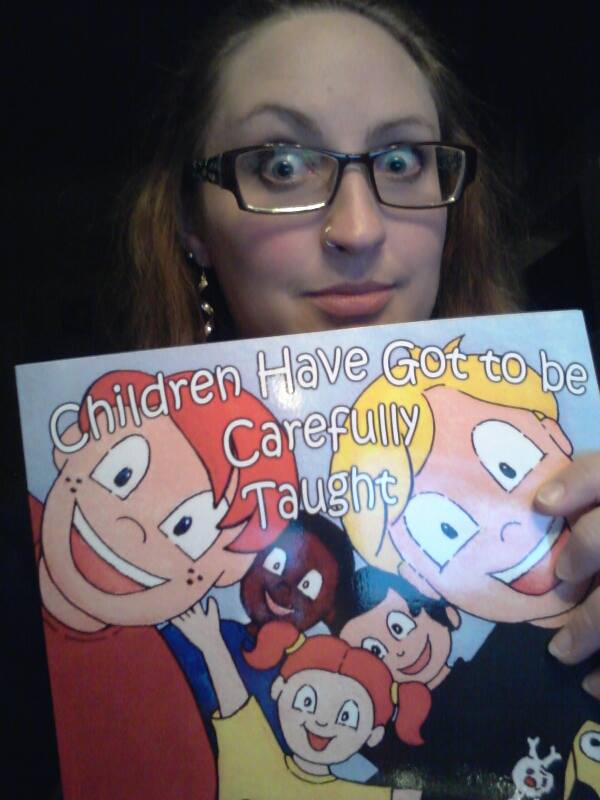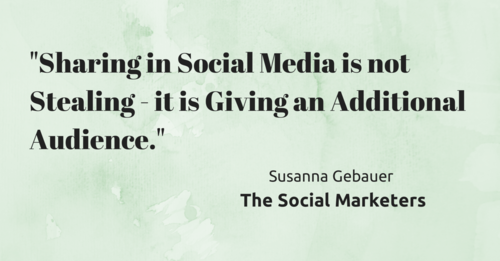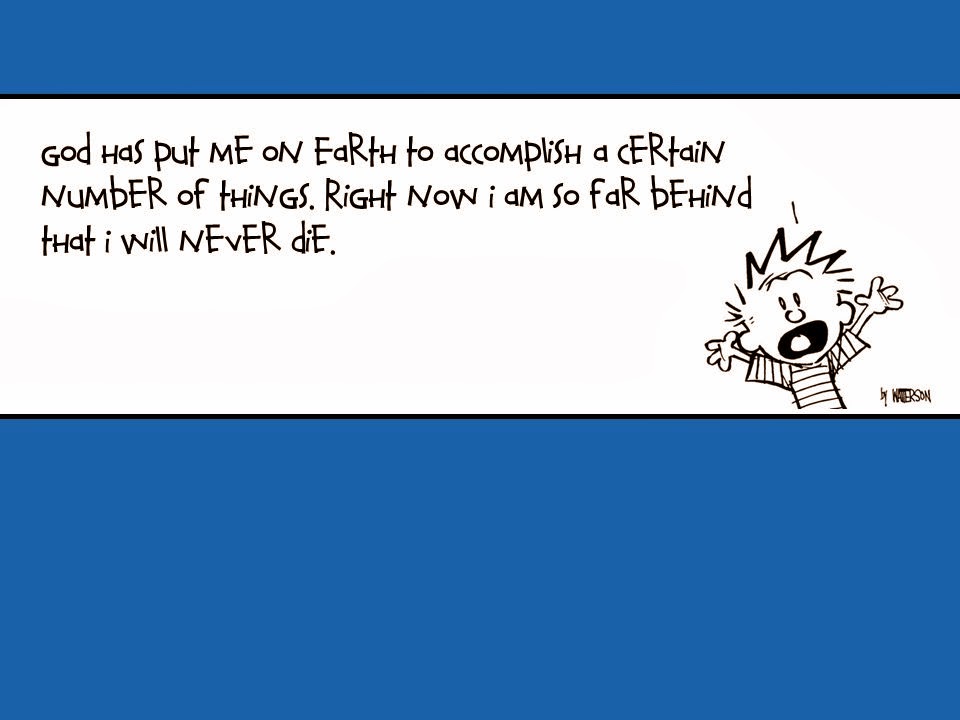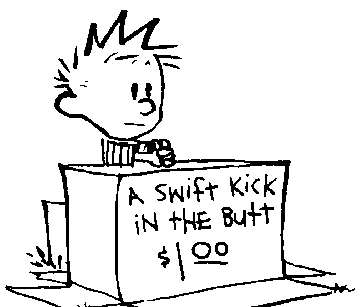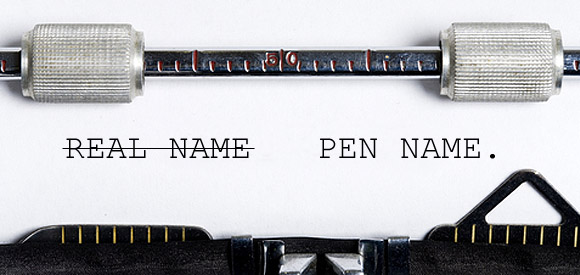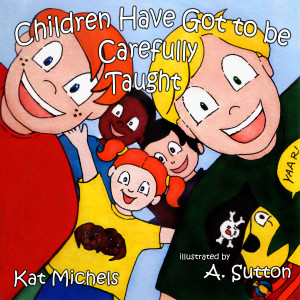And then you have that moment that freezes you. A hundred things to do, a hundred distractions, brain going a hundred miles a minute and then it all just stops. The spinning, the panic, the deadlines, the need to rush, rush, rush. All of a sudden you freeze and even if the wolves were at your door, you can’t get moving again. You’ve lost all momentum. Then your brain starts to ramp up. Things to do, prioritizing tasks, consequences of ignoring tasks move across your consciousness, then begin to run and swirl until it is all one big jumble. But your body remains frozen. It won’t be compelled to action, because unlike your brain, your body responds to your heart, and the truth of the matter is that it is your heart that is frozen through. Terrified, petrified, stuck wide-eyed in the middle of the highway waiting for the impending doom. Your brain knows what needs to be done.
Your brain knows the work that will make your heart beat again. Will make your heart sing again. But the body won’t listen to the brain, its taking its cues from the heart. A classic chicken or egg conundrum. The heart won’t beat until the work is done, but the brain can’t do the work until the heart beats. Silence, silence all around. The brain screams at the body, “Do the work! Do the work and the heart will follow!” Slowly there is a flutter, not in the heart but in the hands. The brain is getting through, the hands will listen. The hands do not need the heart, they are tools to be used. They move, they type, the page slowly fills. The brain keeps up its insistent mantra, “Do the work. Do the work. Do the work. The heart will follow”
The pages fill. The head discards them. The hands fill more pages. The head discards them. The work is being done, but without the heart it isn’t any good. The brain starts to waver, the conviction is lost, “But I’ve done the work, why hasn’t the heart followed. Why won’t the heart beat?” Through the despair a tiny voice breaks in from the hands.
“It’s not enough. We must do more work.”
With no better option to put to plan, the brain starts up its mantra once more. This time a drone,
“Do the work. Do the work. Do the work.”
Over and over and over again. The pages are filled the head discards. The pages are filled, the head discards. The hands ache with cramps and the brain’s mantra has turned into soft, but steady pounding on the wall. The brain is so intent on moving forward, building the momentum, building the framework, keeping the work going, that it fails to notice the tiniest of beats coming from the chest. Faint and weak to start. The fear is still strong, the heart doesn’t know if it’s safe to move. But the endless monotony coming from the brain acts as a catalyst, a promise of protection with its unending chant.
“Do the work. Do the work. Do the work. Do the work.”
The heart takes a risk and takes a step. It is smooth and solid ground. The beat strengthens as a second and a third step are taken in complete safety. The road has been paved. Slowly the heart begins to explore and the beat grows strong, infusing the body and thawing the blood. The fogs roll away and the way is clear. The heart can now skip and dance, free in this world. The hands cease aching and fly across the keys. The pages fill. The pages fill. The head goes to discard and stops. It’s amazed. The work is good. The brain quietly lets its mantra die into nothingness and with this new silence it hears the beat of the heart. Relief and gratitude fills the brain. The terror has past, the fear is gone.
The brain looks to the heart, “You followed.”
The heart looks to the brain, “You did the work.”


